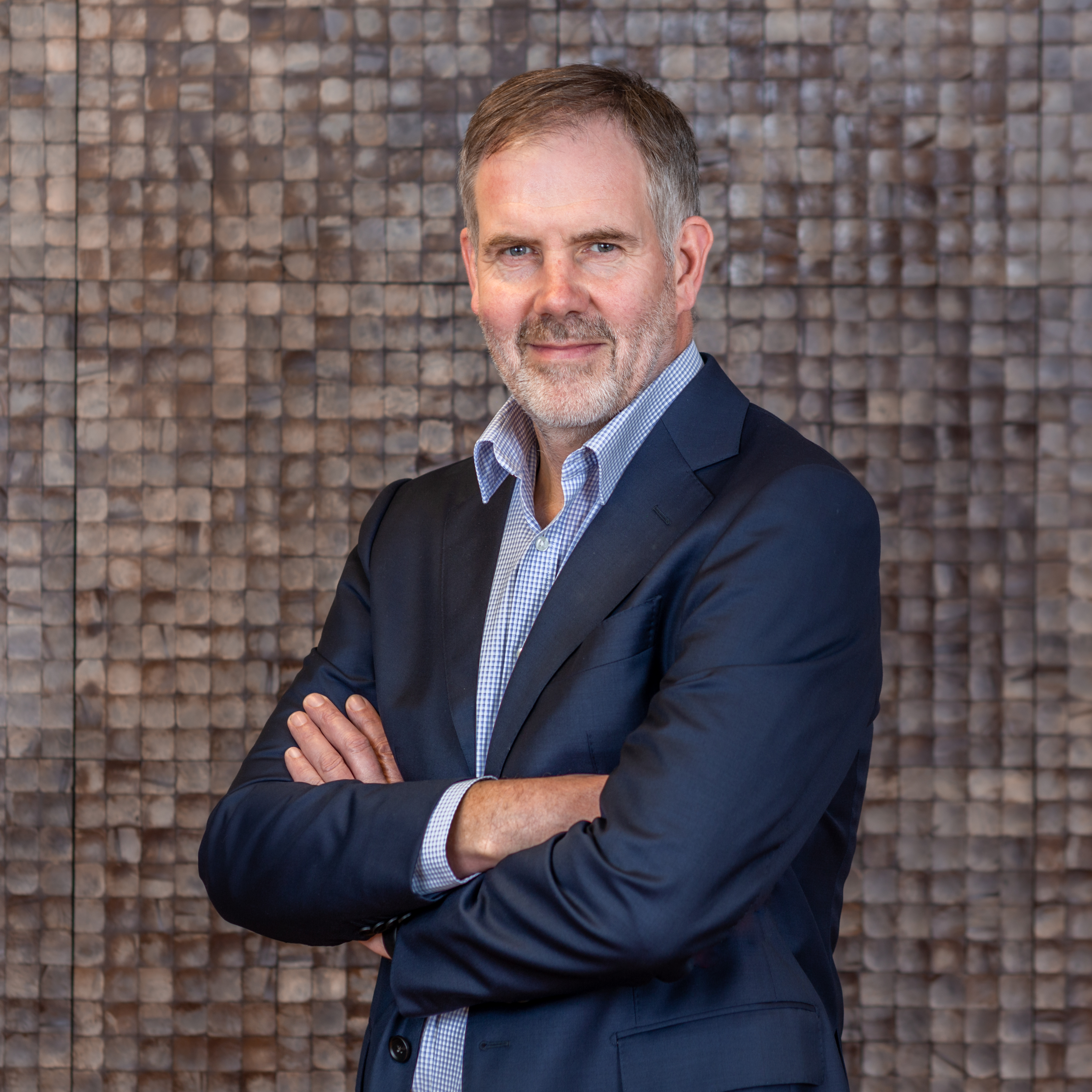
Kevin, what is the EU Cycling Declaration? What does it declare and what does this mean for the cycling industry?
It is not a piece of legislation, yet a powerful, enabling document of reference for the EU Commission, Parliament as well as national governments. This Declaration recognizes cycling as one of the most sustainable, accessible, and inclusive, low-cost and healthy forms of transport and recreation, and its central importance for European society and the economy. It includes all the key areas of a cycling ecosystem and thus breaks new ground.
We never had a proper reference on cycling before. It is a strategic compass, a powerful framework for countries, regions, cities in terms of pro-cycling policy, funding, and financing. We played a leading role in the stakeholder consultation and are pretty happy with the Declaration’s 36 commitments.
How will the “compass” be implemented and what’s next for the CIE?
The Declaration is a very useful summary of actions that could be funded by the EU, yet also a guide for future policy. We now have the foundation that we can use in legislation and as a document for policy discussions. 2024 is the year of European elections with a new EU Parliament and Commission. From April 3 this Declaration is in the books and becomes a reference for the incoming politicians, even if we don’t know what the political makeup will be.
Yet, lobby work never goes away. For the next five years we have to make things happen within this roadmap with all the stakeholders, on the ground, everywhere.
"This is also how Europe acts as a laboratory for the world and the most extensive cycling ecosystem, showing we can grow cycling in all countries."
How does the CIE look into the diversity of the EU member states?
The most important thing is to underline that the market is still growing consistently – across all European countries. People are riding bikes, people are buying bikes. Yet the key question for the industry is: where are the people that are not riding or not riding much? They are in the South and in the East of Europe. So, looking for long-term growth, we gradually need to build markets to the South and the East. It is a clear message: we have to build infrastructure, we have to make biking affordable in countries with much lower average incomes.
The Declaration suggests to apply reduced VAT rates for the supply, rental and repair of bikes and e-bikes – is this one of the key commitments you will push?
Yes, this is definitely important. And the application of other schemes to spread costs such as leasing and long-term rental.
What do you expect from the cycling industry? How would you like to see the industry react now?
CIE’s strategy has two pillars: No. 1 is to build a society that rides bikes and thus ensure the industry continues to grow. We have an answer for society’s needs that needs to move out from our current strong markets to less affluent countries. And for this we have to work on effective business models, make sure leasing works, bike sharing works, cargo bike systems, different models of bike ownership.
Our 2nd pillar is how we are organized as an industry. Cycling is green when bikes are used, but we need to provide consistent, standardized industry data that proves it. We have to become more resilient, manage our supply chains, and we must become more transparent to consumers about the origin of our bikes and parts.
The Mobility Transition Pathway further underlines the EU Cycling Declaration.
Yes, and we are very proud that our industry is now recognized in industrial policy as well. It is a strategy for the transformation of the mobility industries – and until now it was defined by the EU Commission as the automotive, waterborne, and rail industries. The cycling industry was not recognized in the initial European Commission drafts.
"Despite all the growth, we were not considered a significant industry worthy of EU attention. So, first of all, the Pathway is a major, major acknowledgement of our new status. "
This is THE reason why we founded CIE 5 years ago. To work on the growth, yes, but first and foremost on the voice of companies to bring visibility and awareness to our sector.
What exactly is the Mobility Transition Pathway?
The EU’s Industrial Strategy is the long-term plan for the competitiveness of European industries. For each of 14 industrial sectors the EU Commission approached the industry representatives and companies to ask how these sectors could become more competitive and what are their challenges in areas such as sustainability, digitalization, supply chains, workforce, and regulations.
The Transition Pathway is the result, a strategy with specific tasks for the EU, the industry, and regional and national governments to support the digitalisation of European companies and helping them succeed in these areas. Cycling sits in the Mobility ecosystem but is also impacted by other areas such as tourism and textiles.
Compared to the Declaration, it promotes a stronger focus on the industry part and actual implementation?
Yes, it outlines an action plan with over 100 points that could apply to cycling, to support European cycling industries in becoming more resilient, more competitive, more digital, more sustainable and that is very exciting from a business side. There are points like looking into potential synergies among mobility sub-sectors – e.g. bringing in skilled workers to the cycling industry from automotive. There are an estimated 400.000 skilled workers in the EU that will lose their jobs in the shift to electric engines, and we could supply alternative employment for some of that workforce. Which goes hand in hand with the points underlining the support for more European bicycle manufacturing and reshoring.
How much potential do you see in reshoring?
It is challenging for a trade association to comment as it is an issue of competition. Personally, I believe that an increasing transparency on carbon footprint and the sheer amount of cashflow tied up as products are shipped around the world will force industries to rethink where they source from. Also, customers want shorter lead times. Yet, this is not just about European companies starting anew. Asian colleagues are looking into where to build their next plants. For example, we have Lenovo – one of the world’s biggest electronics companies – opening an e-bike battery factory in the Czech Republic.
What can the cycling industry learn from other sectors?
Actually, the automotive industry is spectacularly good in many things – digitizing processes, in building long-term relationships with consumer, recording sales figures, having transparency on stock etc.
"We have a lot of work to do to be as effective as them – on how to collaborate, on collecting, using and structuring data, on building research working groups and institutional infrastructure etc."
We are 20 years behind, but we can now also ask the EU and governments for some of the support other sectors have had in the past. The Mobility Transition Pathway is only the beginning of a longer-term process and industrial policy dialogue with the EU Institutions and the European Commission in particular. In EU jargon, we have ended a ‘co-creation’ phase and are now entering a ‘co-implementation’ phase to turn the action points into reality.
Kevin Mayne

Kevin Mayne is founding CEO of trade association and industry lobby group Cycling Industries Europe (CIE) based in Brussels. Prior, Kevin served as CEO of CTC (now known as Cycling UK) for a number of years as well as the Development Director for the European Cyclists' Federation (ECF). With a career spanning over 25 years in the industry, Kevin will be retiring in the coming months.

